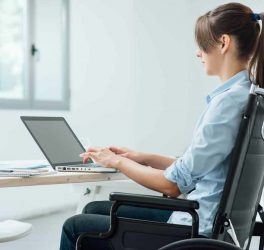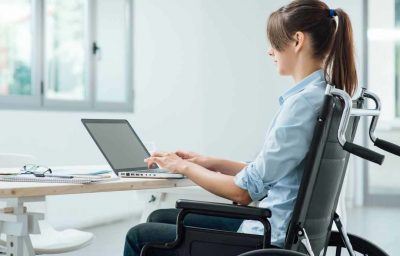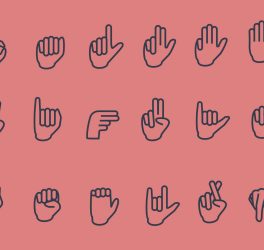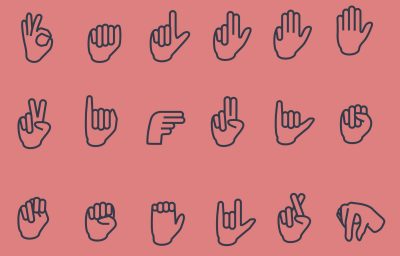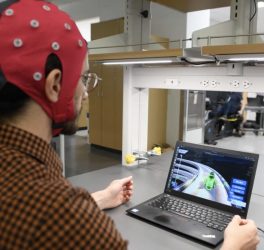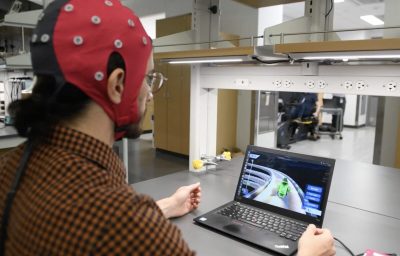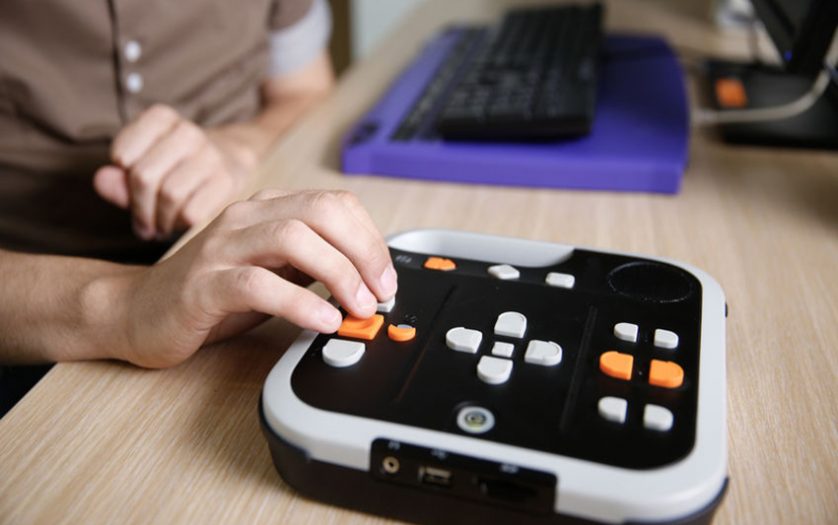
Up to 25 people with a disability in New Zealand are being provided with the opportunity to undertake internationally-renowned Assistive Technology Mentor training thanks to a grant from the Lottery COVID-19 Community Wellbeing Fund.
The training is being provided by Assistive Technology Australia who deliver the world-class Certificate IV in Assistive Technology Mentoring.
Announcing the new funding and increased capacity for New Zealand to provide much-needed AT mentors across the community, NZ Federation of Disability Information Centres Board Members and NZ Independent Living Charitable Trust CEO Karen Beard-Greer said the funding and access to training would help provide professional and valued employment pathways for people with a disability in New Zealand.
“Here in New Zealand-and across the world-it can be really hard to find qualified people to advise, guide and support people with disabilities in their choices and decisions on assistive technology. This training means we will be able to tap into new resources, provide career pathways and provide better outcomes for people with a disability in our community,” Karen said.
“When it comes to assistive technology, people with a disability have a wealth of knowledge through their lived experience. When they become mentors they pass on their knowledge and expertise to others empowering people to live more independent lives.”
Assistive Technology Australia CEO Robyn Chapman said the Certificate IV in Assistive Technology Mentoring trains people to become AT Mentors and as a Registered Training Organisation, the organisation is pleased to be able to support their New Zealander counterpart.
“We have a strong relationship with our NZ colleagues and we both strive to provide pathways and opportunities for equitable employment to people with disabilities. This includes providing and advocating for peer-led services.
“With our countries opening up a ‘travel bubble’ as we move through the COVID-19 pandemic, we look forward to continuing to strengthen our work together for the benefit of every person with a disability.”
The Lottery COVID-19 Community Wellbeing Fund grant has been awarded to the NZ Federation of Disability Information Centres to give 10 people full-funding to undertake the full AT Mentor certification. Up to 15 people will also be able to select and complete a range of competencies within the Certificate program to assist them in upskilling.
In addition to the students from New Zealand joining the upcoming Certificate IV in Assistive Technology Mentoring course, 4 students from Australia and one from Papua New Guinea have been given scholarships to undertake the training with thanks to the Assistive Technology Australia Board.
For more information, go to https://at-aust.org.

